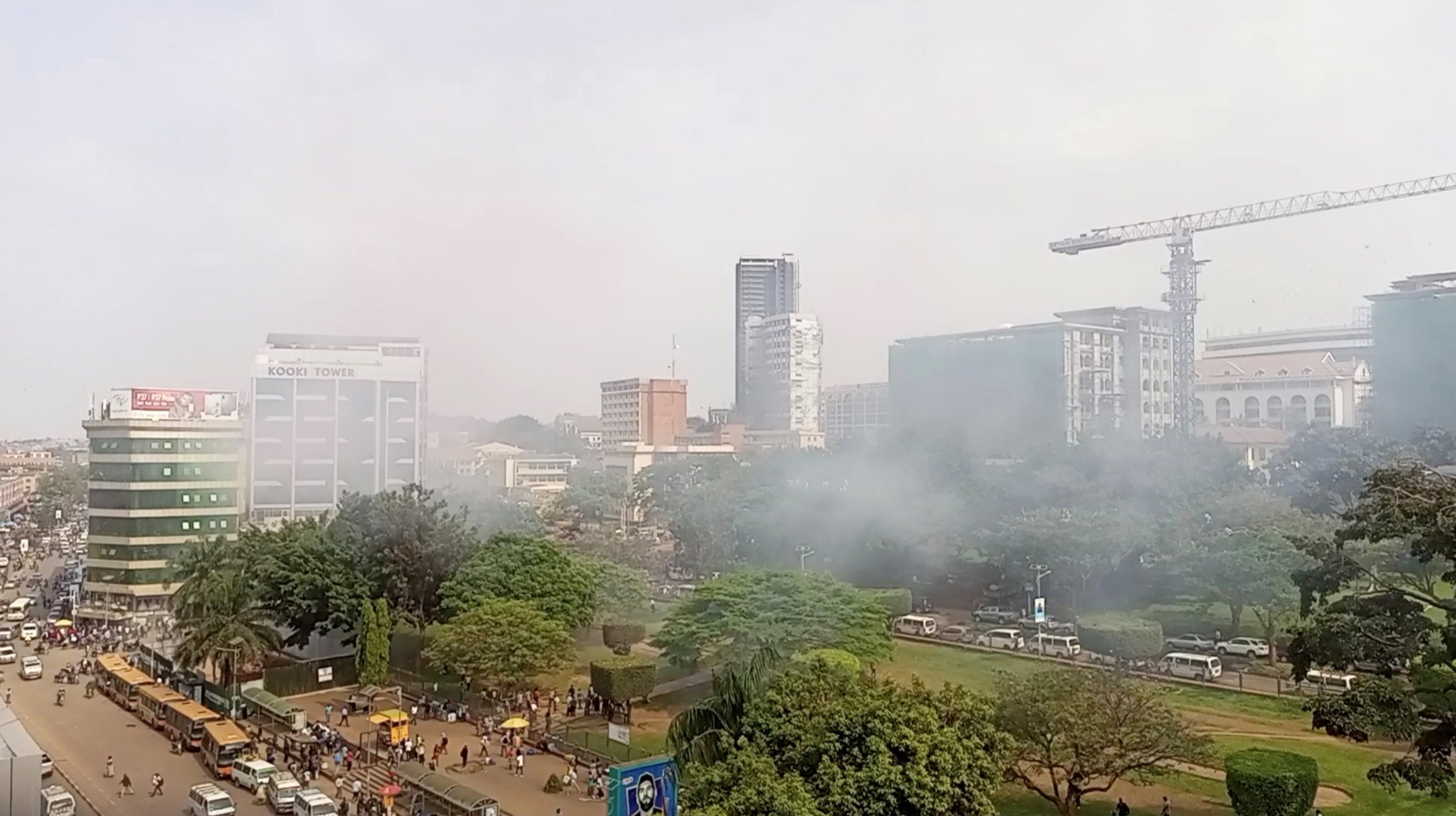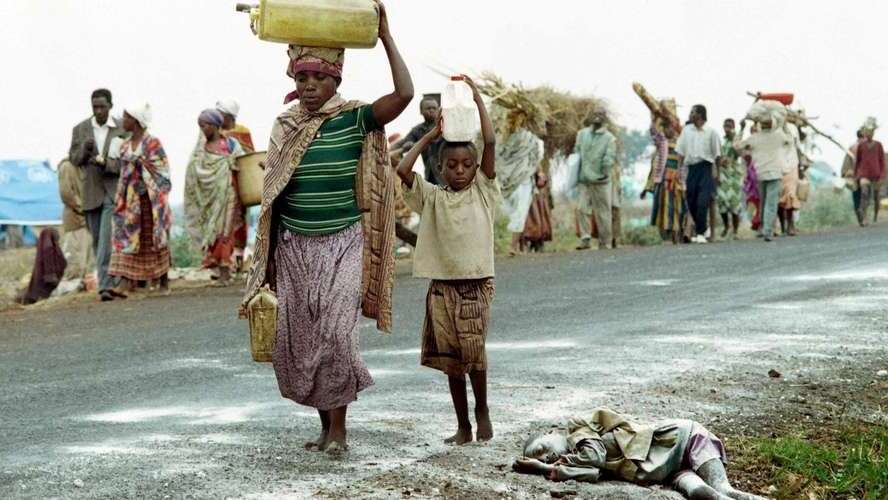
Uganda: Deadly tanker explosion near Kampala an avoidable tragedy?
On October 22, 2024, tragedy struck near the Ugandan capital, Kampala. A fuel tanker exploded after crashing on Bombo Road, killing at least 11 people, including two children. The truck began to leak, and residents tried to salvage fuel before a fire broke out, destroying several businesses. This type of tragedy is unfortunately recurrent in Africa, where precariousness often pushes people to take such risks.
The Fatal Chain
The accident happened as the truck was heading towards Gulu, a town about 400km north of Kampala. After the accident, fuel began to leak, quickly attracting locals eager to salvage the precious liquid, despite the danger. A woman, roasting maize nearby, is believed to have unwittingly started the fire with her cooking fire. Within minutes, a fireball engulfed the surrounding area, destroying four buildings housing nine shops and injuring several people, some of them critically.
Known risks, ignored security
Such disasters once again highlight the risks associated with mining and transporting highly flammable materials in residential areas. Despite warnings from Ugandan authorities never to approach a damaged tanker, many remain unaware of the dangers due to poverty and lack of access to information. This precarity fuels desperate behaviour, such as those trying to salvage fuel, unaware of the risks.
Local police quickly responded to secure the area and evacuate the injured to nearby hospitals. An investigation has been opened to determine the precise causes of the accident, although authorities are still hesitant to point the finger at the driver or a mechanical problem. The tragic event calls into question safety protocols for transporting hazardous materials within populated areas.
An avoidable tragedy?
This incident is unfortunately not an isolated case. Similar explosions have occurred in other African countries, where tanker truck accidents often trigger deadly fires, due to lack of adequate precautions and poor emergency management. In Nigeria, a similar accident in October 2024 killed more than 140 people. The underlying problem remains social inequality, which pushes vulnerable communities into dangerous behaviors in order to survive.
The authorities face their responsibilities
In the face of this disaster, the Ugandan police have reiterated the importance of following safety instructions, especially during such accidents involving flammable products. However, beyond calls for vigilance, the question of the responsibility of the authorities and the government in managing these risks arises. The transport of fuel must be strictly regulated to prevent such tragedies from recurring, and efforts must be made to educate communities about the dangers.
The Kigogwa Town tragedy is yet another illustration of the deadly risks associated with tanker truck accidents in Africa. Until safety measures are strengthened and awareness campaigns are put in place to educate local populations, these incidents will continue to cause unacceptable loss of life. Poverty and lack of alternatives often force entire communities to ignore the risks, making this vicious cycle difficult to break.



Leave a comment
This site is protected by hCaptcha and the hCaptcha Privacy Policy and Terms of Service apply.